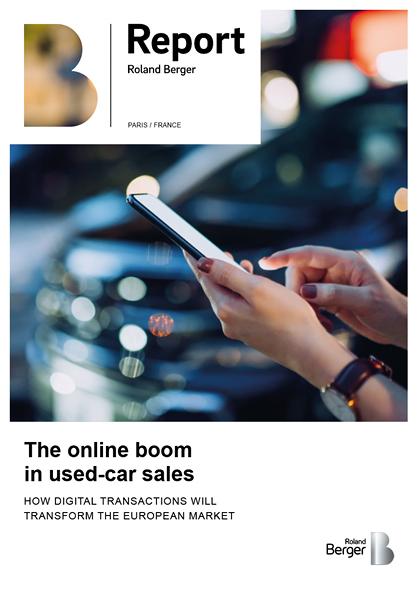The extensive tariffs imposed by former U.S. President Donald Trump have caused significant changes in the automotive industry, most notably benefitting used car dealerships. A 25% tariff on imported vehicles and components has triggered a sharp increase in new car prices, subsequently driving price-sensitive shoppers towards pre-owned vehicles which offer more budget-friendly alternatives.
In response to the new tariff regime, the Manheim Used Vehicle Value Index, an industry benchmark, witnessed a near 2% month-on-month growth in June and a hefty 6% increase on an annual basis. Such remarkable statistics signal a strong and growing demand for used cars.
Interestingly, consumers are proactively purchasing automobiles, effectively pre-empting the full implementation of the tariffs and the looming discontinuation of electric vehicle tax incentives. Such anticipatory buying behavior further accelerates price growth.
Dealerships trading primarily in used cars, as a result, find themselves in a superior position to profit from this shift despite the prevailing economic turbulence. Automakers, on the other hand, are predictably unnerved, preparing for tightening margins and potential disruption to their supply chains.
In the evolving landscape, three key players stand to gain the most: Group 1 Automotive, Carvana, and CarMax. These companies are expected to leverage the situation to their advantage due to shifts in consumer spending habits influenced by the new tariff regulations.
CarMax, the leading used-car retailer in the U.S., is already enjoying the benefits of these tariff dynamics. The company’s most recent earnings report unveiled a 9% year-on-year increase in used vehicle unit sales – marking the most substantial growth since 2021.
Device this striking upswing to a combination of its internal strategic maneuvers and external market conditions, primarily driven by the speculation around tariffs. To cater to the surging demand, CarMax extended its stock of modern pre-owned vehicles, particularly those available for under $20,000.
Another company that stands to gain from the increased tariffs is Carvana, an entity that only operates within the U.S. and deals solely in used vehicles. The company recorded an impressive Q1 profit of $373 million and a 46% year-over-year surge in vehicle sales, selling a total of 133,898 vehicles.
Given Carvana’s unique operating model, focusing on digital sales and maintaining reconditioning centers, it appears well-equipped to leverage the changing consumer behavior brought about by the higher tariffs.
Group 1 Automotive, though less recognized but nevertheless strategically placed in the used car market, provides both new and pre-owned vehicles and runs collision centers in the U.S. and U.K. Having a diverse source of revenue and a robust geographic presence, Group 1 Automotive appears well defended against the worst influences of unpredictable trade policies.
The company’s performance has been commendable, with shares climbing approximately 14% in 2025, outpacing many of its competitors. With its broad-based revenue structure and significant geographical presence, this gives Group 1 a degree of insulation from the most severe effects of trade policy volatility.
Overall, the effects of the sweeping automotive tariffs continue to ripple through the car market, influencing both industry dynamics and consumer behavior. Amidst all the turbulence, the used car industry, oddly enough, seems to be benefiting the most.
This kind of policy-induced shift emphasizes the unintended consequences that can arise from significant changes in trade policy. It also underscores the importance of agility and adaptability for businesses in adjusting to new market realities.
It’s important to monitor how these tariffs will fully unfold in the long run, affecting not just car prices, but the entire automotive industry, supply chains, and other related sectors. Nevertheless, for the foreseeable future, used car dealers are emerging as clear winners in this trade war.
In conclusion, these trade measures, despite their broader economic implications, have inadvertently created an environment that favors used car retailers. As long as the tariffs remain in force, we can expect this trend to continue, with companies like CarMax, Carvana, and Group 1 Automotive positioned to ride on the wave of this policy-induced market shift.

